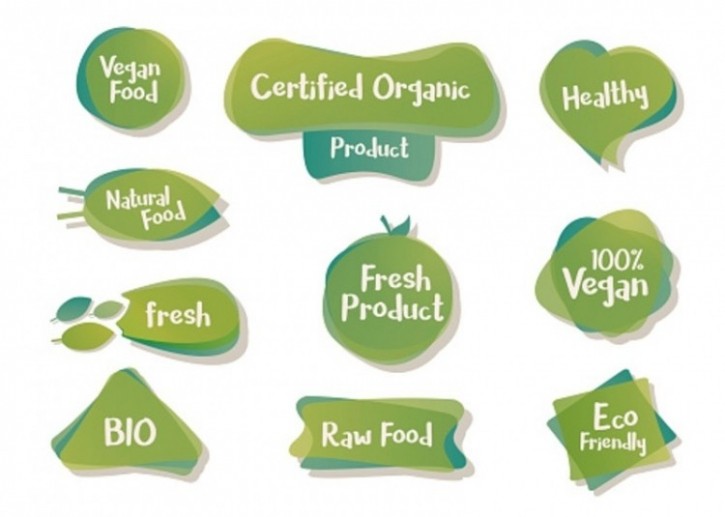Healthier Choices: Ajinomoto on salt reduction, expert healthy beverage panel insights, Tetra Pak on healthier innovation and more feature in our round-up

Upgrading umami understanding: Ajinomoto lauds new Japanese study on amino acid potential to reduce consumer salt intake
Amino acid specialist firm Ajinomoto has lauded the findings of a new Japanese study which highlighted the potential of umami ingredients, such as the various glutamate-based substances, to reduce consumer salt intake and improve public health.
The focus on sodium reduction has been of particular concern in Japan due to the nature of many local staple foods being highly dependent on salt for flavouring, from soy sauce to miso to processed meats and more.
The study, which was jointly undertaken by the University of Tokyo, Fukuoka Women’s University, Kagawa Nutrition University, the Tokyo Foundation for Policy Research as well as Ajinomoto, modelled the salt intake reduction via umami substances in 21,805 Japanese adults via data obtained from the National Health and Nutrition Survey.
Beyond sugar reduction: Functional benefits and taste key to drive healthy beverage NPD – experts
Experts have highlighted the need to balance functionality and taste to move healthy beverages into the mainstream in APAC, with some consensus that personalised nutrition, gut health, and mental wellness are set to become emerging growth areas.
The perspectives were shared in the recent Healthy Beverage Innovation APAC interactive broadcast, hosted by FoodNavigator-Asia and NutraIngredients-Asia. In an interactive panel debate, several industry experts discussed about the scope for NPD innovation in the healthy beverage space, and growth markets in APAC.
Tetra Pak Exclusive Part II: The importance of empowering consumers via healthier, more sustainable product innovation
Tetra Pak believes that food and beverage brands today need to meet consumers’ increasing emotional needs in terms of feeling ‘empowered’ when making purchasing choices, such as offering them innovative product options that are healthier or more sustainable.
In the first part of our exclusive interview with Tetra Pak Global VP of Communications Julia Luscher, she spotlighted the importance of infusing localised elements such as culture and geographical proximity into product packaging in order to drive consumer purchases.
However, she also highlighted that packaging alone will not be enough to attract consumers or influence their purchasing decisions, which require as the products on offer are required to be desirable as well.
“In the past, consumers have tended to be very reactive when it came to their diets or buying food products, but nowadays, they are becoming increasingly proactive and prescriptive especially when it comes to maintaining health or looking and feeling good,” Luscher told FoodNavigator-Asia after presenting at the Food and Beverage Innovation Forum (FBIF) event in Shanghai, China.
Nestlé enzyme tech cuts sugars intrinsically present in malt, milk and fruit juice
The enzymatic process reduces sugar without needing to add sweeteners or bulking agents to replace its volume.
Nestlé is heralding the technology a ‘breakthrough’. Leveraging enzymatic processes, the Swiss food giant is reducing intrinsic sugar in key ingredients with ‘minimal’ impact on taste and texture.
“Sugar reduction across our portfolio remains a top priority. This new technology is a true breakthrough, as we can reduce without adding sweeteners while preserving a great taste, all at a minimal cost increase,” said Nestlé chief technology officer Stefan Palzar.
Paraprobiotics-rich tempeh shows promise as vegan protein source for athletes and application in functional foods – review
The sports performance-enhancing properties of tempeh should be further explored for application in functional foods such as sports drinks, say researchers.
Muscle synthesis and recovery are crucial to improve sports performance, and protein is one of the most consumed nutrients by athletes to stimulate muscle growth and repair.














